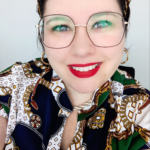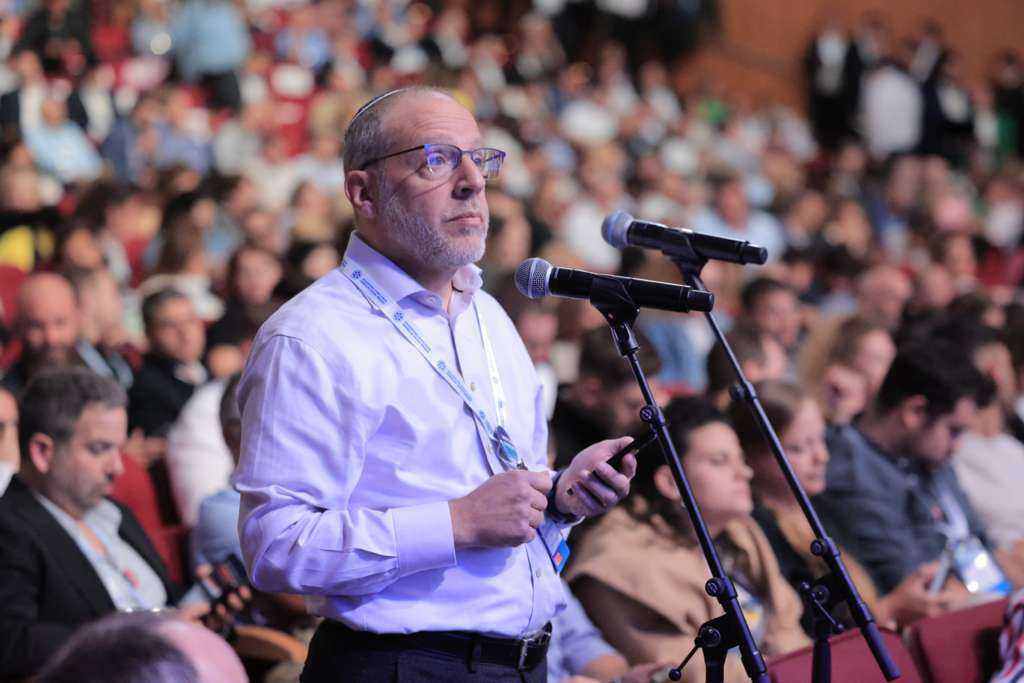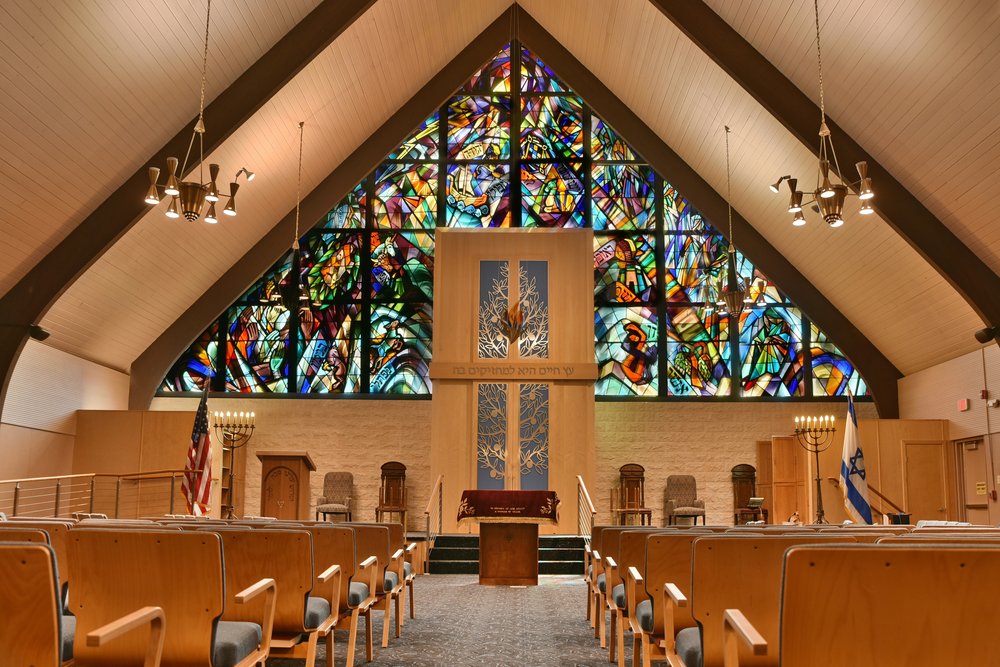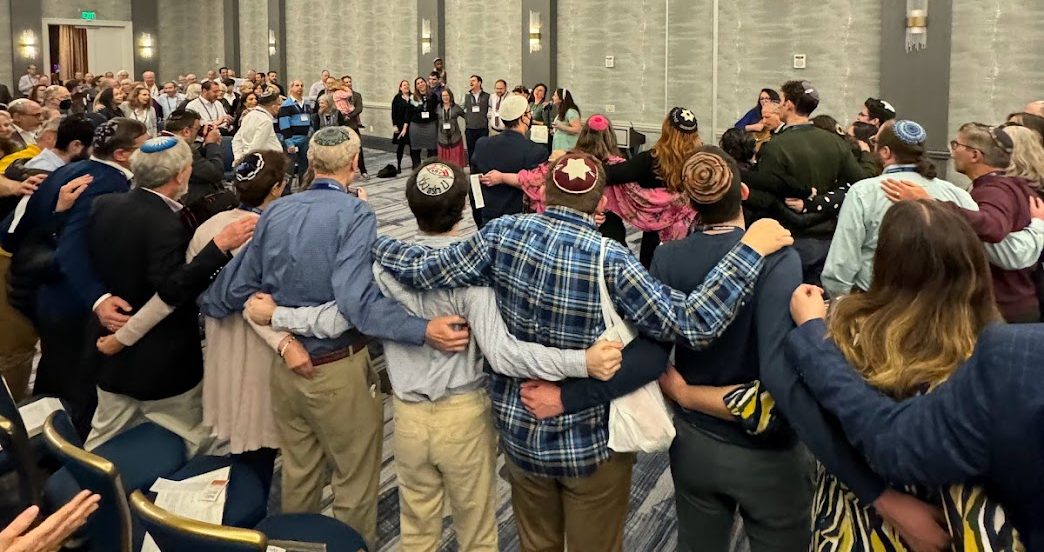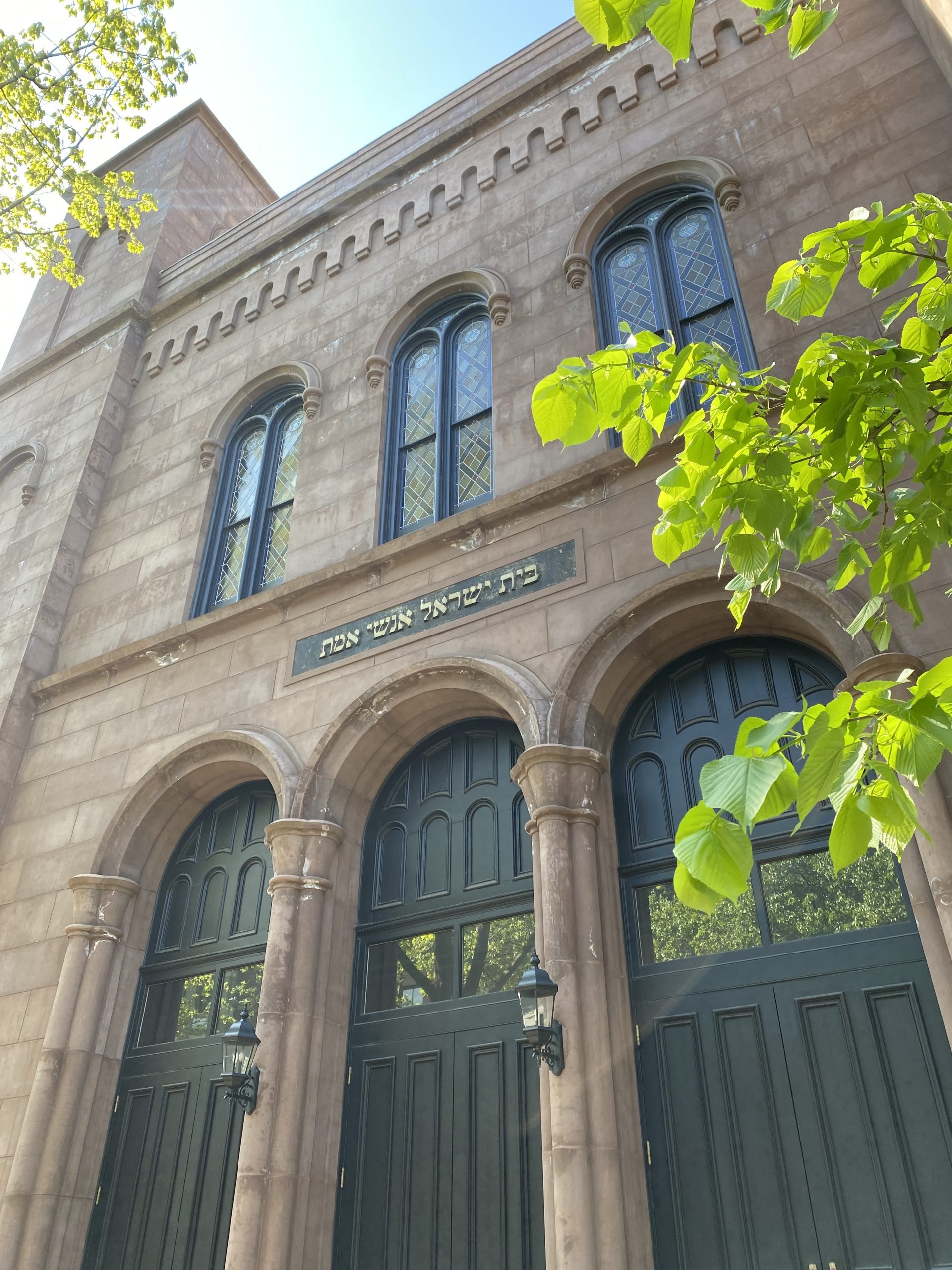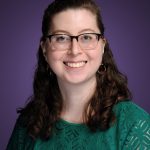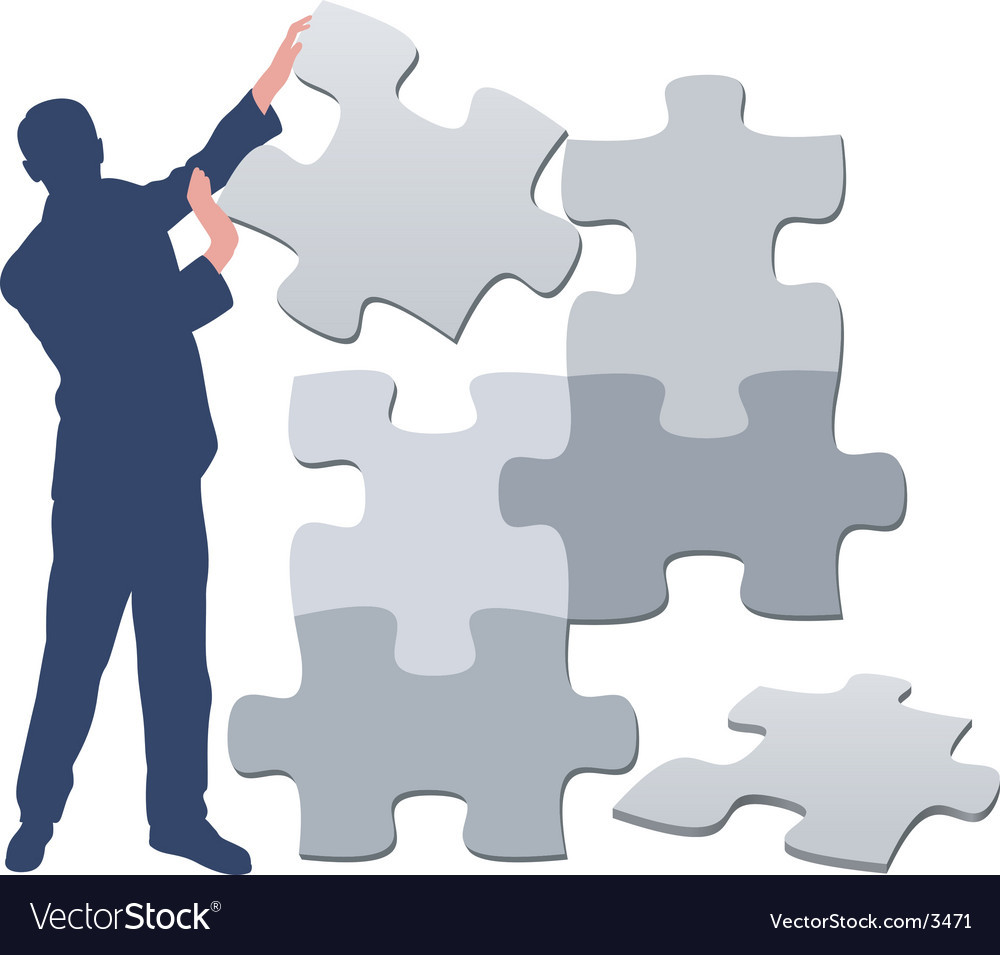
The Rosh Hashanah liturgy asks us to take stock of our lives, to imagine standing before God and giving an honest and accurate account of our actions; we are challenged to be present and accountable. Yes, these were my deeds; yes, this was my life.
Over the years, I have come to believe that God is not all powerful. After all, there is so much evil in the world. I have, however, embraced as a matter of faith, the idea that God is all knowing and sees the overall quality of our life’s work.
Two weeks before Rosh Hashanah, I spent a week participating in a Human Interaction Lab facilitated by consultants from National Training Labs. Founded in the 1940s, this organization of applied behavioral academics and practitioners has developed a wealth of information on the psychology of groups and organizational group dynamics.
At the first session, we wrote our goals on a flip chart page. Since I am a strategic planner, I, of course, came with a plan. I quickly and confidently listed my professional goals in detailed bullet points. Over the course of the week, I would learn more than I had planned for.
Among the things I learned was how I evoke various feelings in others and how we impact one another. When I learned all the non-verbal cues I was missing, I became a bit less confident. I now understand that sometimes something I articulate can be someone else’s missing puzzle part, and that other times, something I say can be a challenge in their path.
Over 40 hours of group interaction, our diverse group had the chance to become a more trusting community if we could listen, observe, and feel. So much of what we learn about people is non-verbal. We often just hear people’s words, but we also need to read the emotion in their eyes and in the tone of their voice. We need to learn to trust our intuition about the body language in the room. If we slow down, we can learn to experience the gifts of others. If we remain patient and present, we are less likely to leap to conclusions about them. This wisdom is critical for creating effective teams that seek to role model caring values.
Rabbi Lawrence Kushner wrote that we are all, in fact, valuable puzzle parts for each other:
Each lifetime is the piece of a jigsaw puzzle.
For some there are more pieces.
For others the puzzle is more difficult to assemble.
Some seem to be born with nearly a completed puzzle.
And so it goes.
Souls going this way and that
Trying to assemble the myriad parts.
But know this. No one has within themselves
All the pieces to their puzzle.
Like before the days when they used to seal
jigsaw puzzles in cellophane. Insuring that
all the pieces were there.
Everyone carries with them at least one and probably
Many pieces to someone else’s puzzle.
Sometimes they know it.
Sometimes they don’t.
And when you present your piece
Which is worthless to you,
To another, whether you know it or not,
Whether they know it or not,
You are a messenger from the Most High.
The original poem appears in Honey from the Rock, (Woodstock, Vermont: Jewish Lights Publishing, 1977, #46, pp. 69-70).
May you experience the joy of exchanging puzzle parts.
Shanah Tovah.



